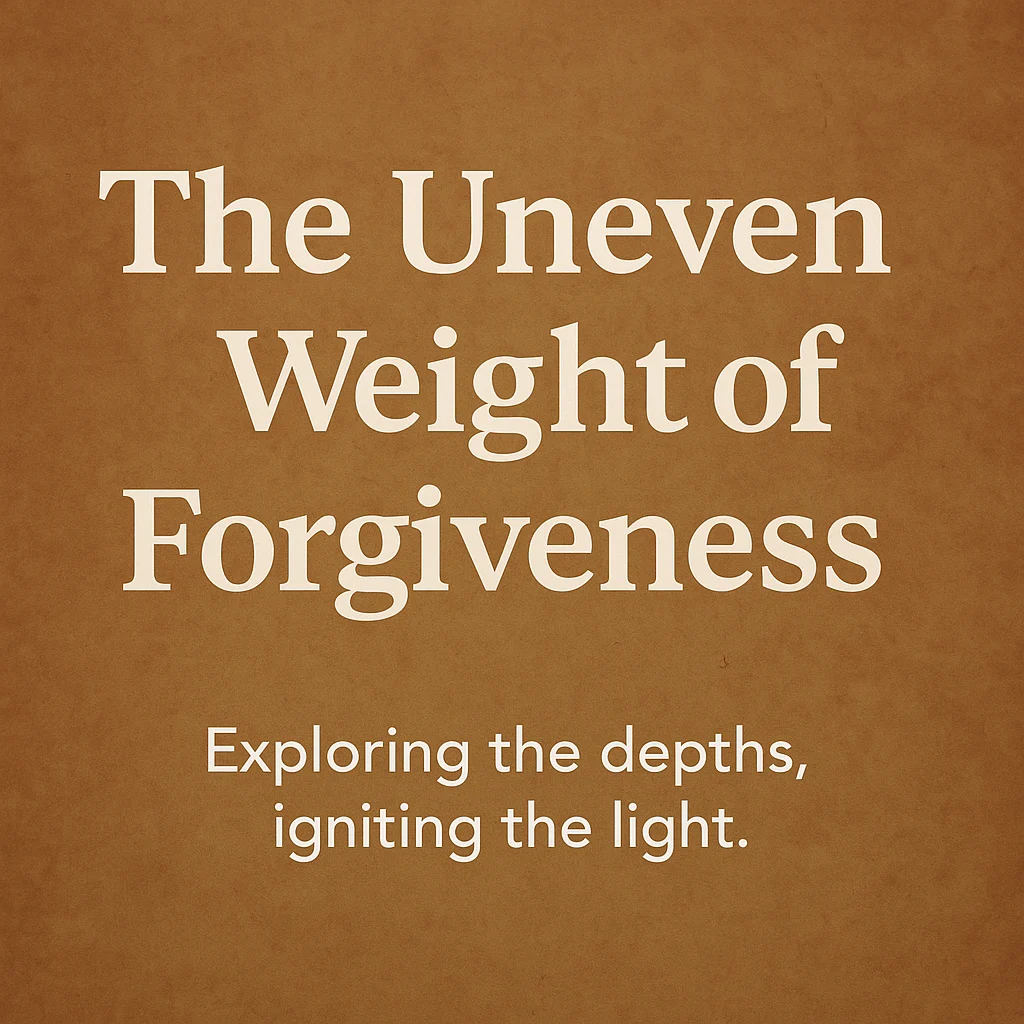Everyone has an opinion on how things should be. Throughout history, humanity has grappled with competing ideas, and those who could rally the most followers often emerged victorious. In theology, this battle of opinions frequently turned deadly. The “winners” were celebrated as saints or scholars, while the “losers” were branded heretics and often met gruesome ends. Thankfully, modern society is (mostly) less bloody—though the stakes feel just as high. These days, the tools of exclusion are hashtags and public shaming, and the penalty for dissent is often “cancellation” instead of execution.
But make no mistake: the struggle for truth isn’t limited to religion. Science, too, has had its heretics. While science prides itself on objectivity and evidence, history shows us how flawed its “facts” can be. Some beliefs that were once considered cutting-edge have aged like bad milk. Consider doctors in the mid-20th century recommending cigarettes for stress—even to pregnant women—or the belief that leeches could cure most ailments. These aren’t just minor missteps; they’re reminders that authority and consensus don’t always equal truth.
Still, opinions—whether grounded in faith, science, or personal experience—aren’t inherently bad. They’re a vital part of human interaction, a way to share perspectives and ideas. The problem arises when we try to accommodate every opinion. Imagine grabbing a bag of Mr. Potato Head pieces from several sets, then asking a group of people to assemble them onto a single potato, one random piece at a time. Each person is sure their piece belongs somewhere specific—maybe two people insist on different noses in the same spot. In the end, you’re left with a chaotic, lopsided creation that makes no sense.
That’s what happens when we try to live by everyone else’s opinions. Some of their advice might be helpful, but much of it conflicts or cancels out. Worse, constantly trying to incorporate every suggestion leaves us too fragmented to function.
The truth is, not all opinions are good for us—or even relevant. If we let every voice dictate how we should live, we lose the ability to hear our own. Opinions are just tools; they aren’t the framework of your life. It’s up to each of us to decide which ones to use and which to leave in the bag.
So, how do we decide? It starts with self-awareness—knowing your values, goals, and limitations. It means being open to new ideas without being overwhelmed by them. And it involves recognizing when the loudest voices are simply echoes of the past, shouting down dissent because that’s the way it’s always been.
History may always be a tug-of-war between competing ideas, but that doesn’t mean you have to be the rope. Seek the truth that resonates with you. Use others’ opinions to inform your perspective, but don’t let them define you. After all, the best potatoes are the ones you build for yourself. See you out there.
Discover more from Inside the mind of Wade
Subscribe to get the latest posts sent to your email.



